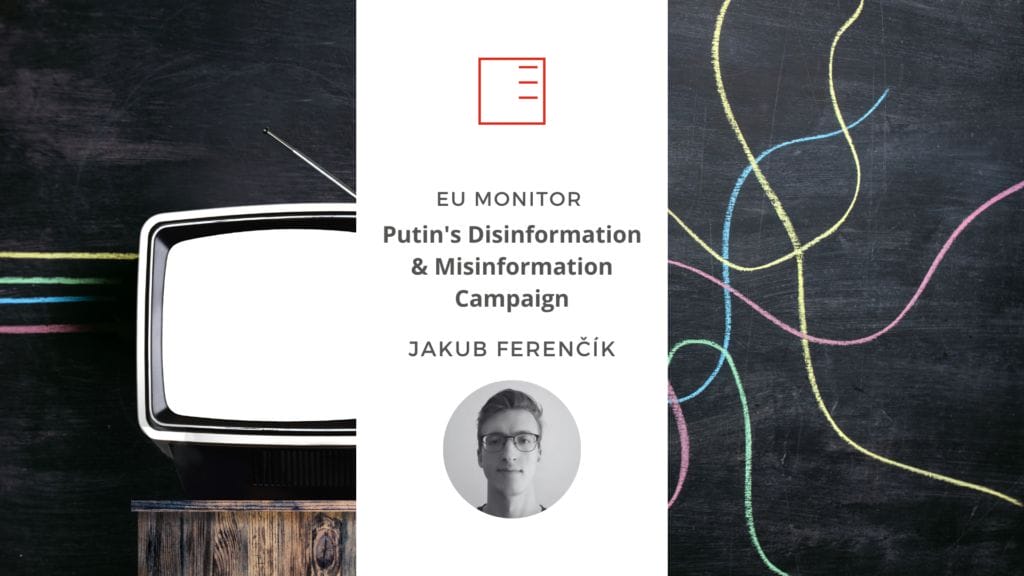EU MONITOR: Putin's Disinformation & Misinformation Campaign

False and misleading claims have always been a part of politics. They function as a useful political tool in a world where media attention can only entertain a limited amount of topics in any given moment. In modern history, the sheer volume and speed of the information stream has enabled public actors, most notably many politicians, to capitalize on the corresponding shortening of attention span that the deluge of (dis)information has facilitated. While some politicians have therefore resorted to purposefully erroneous arguments in order to bolster support for their campaigns, others are an unfortunate product of their time and reality; in a society in which empirical evidence, complex studies and nuances are giving way to the latest headlines, politicians follow suit.
The war in Ukraine is by no means the first in which the information warfare features prominently, but it is arguably the first in which the tools of the digital age are fully brought to bear amongst major geopolitical players, and with corresponding major geopolitical implications. Hence, this paper will examine Vladimir Putin’s modus operandi with regards to disinformation and the implications of his attempts to sow discord in Ukraine and the West.
Celý dokument si můžete přečíst pod tlačítkem PDF.






